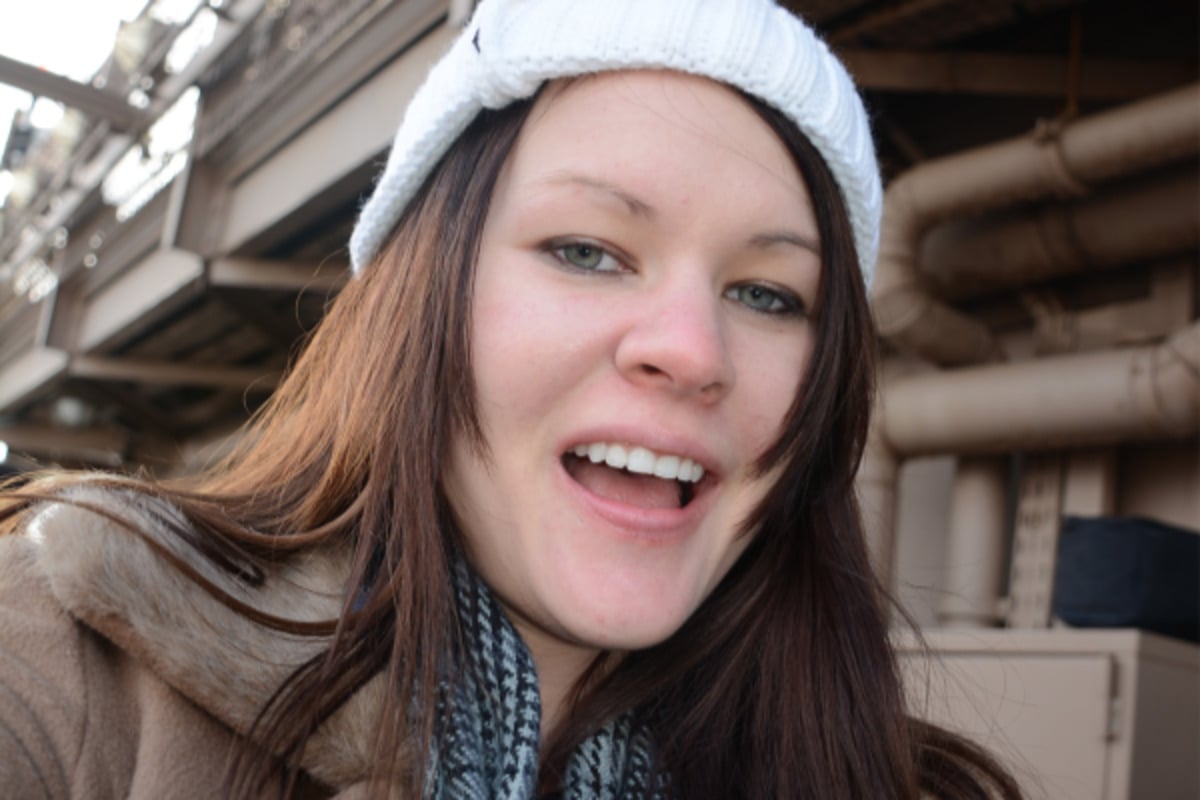
This post deals with postnatal depression and might be triggering for some readers.
It was June 2019. My son had just turned six months old, and I was settling into a new routine with a brand new baby. He was perfect in every way but I was broken. It all started with Facebook messenger conversations with a friend who had me convinced I was a narcissistic sociopath with a highly treatment-resistant disorder.
When he was born, I had almost bled to death. I missed the whole birth. That wasn’t what I had planned, but a 40 degree temperature and a displaced head meant that I had to deliver him by caesarean section, under a general anaesthetic.
Watch: MM Confessions. The things we aren't told about giving birth. Post continues below.
At the six-month mark, I stopped sleeping. I was having horrific night terrors where I imagined the both of us in a sealed body bag. Everything was a reminder of a birth gone wrong. I saw my doctor, who referred me to a psychologist. But it didn't feel like anything was changing, and I stopped seeing her after three sessions. I was despondent.
When I stopped sleeping, I would leave the house at 5am, run, and come back to breastfeed. I was running 30 kilometres a week, studying for my master’s degree, and spending all my days at home. It should have been the best time of my life.




























































































